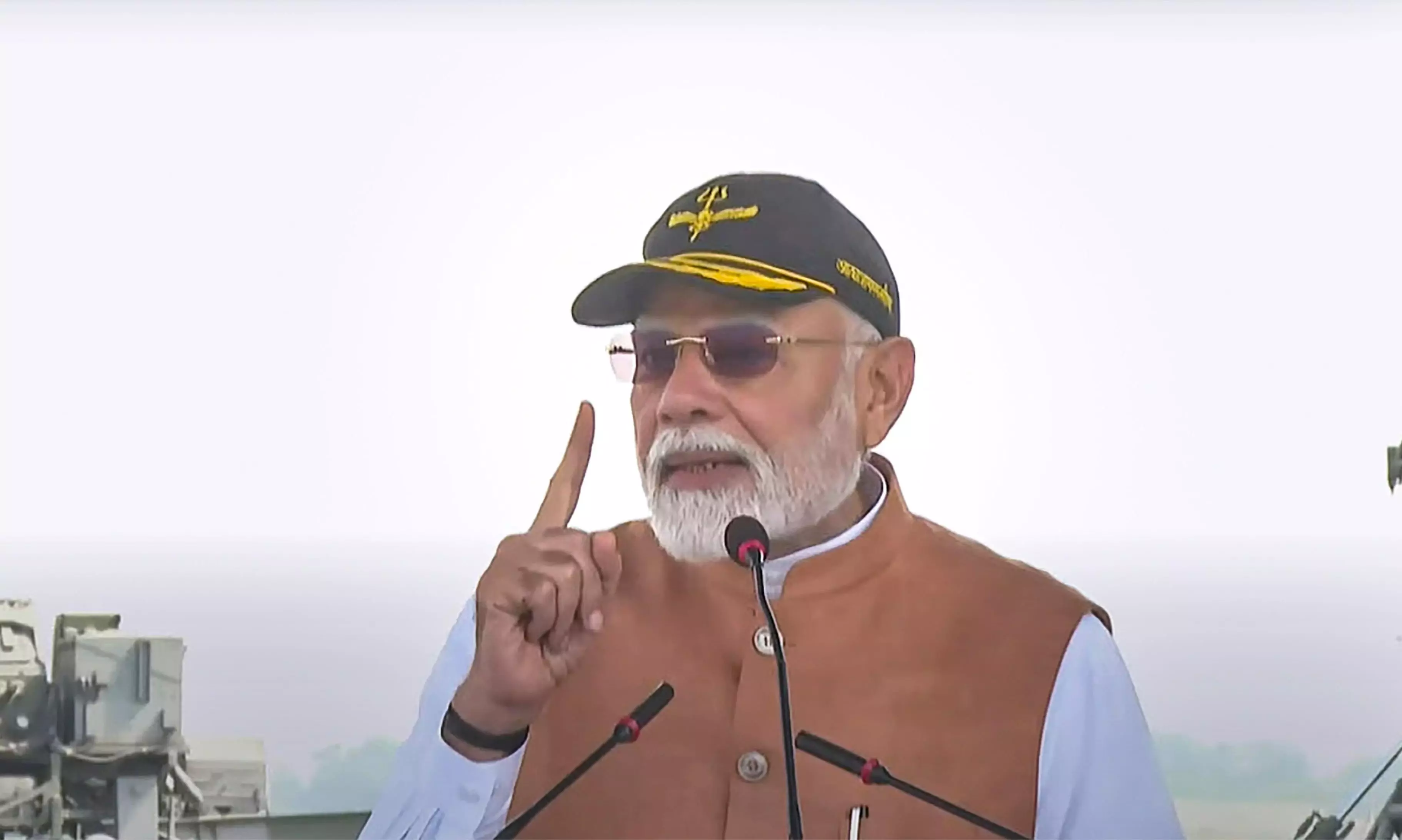AA Edit | After Ceasefire, India Has Clearly Spelt Out Its Stand
Ceasefire holds as India asserts a new doctrine of no tolerance for nuclear blackmail or terror.

After what happened on April 22 and subsequently between May 7 and 10, when India and Pakistan came to the precipice of outright war after the deadliest exchange of hostilities in five decades, it is to be welcomed that both have agreed now to troop reduction on the border. As a tense ceasefire largely holds without major flare-ups after a few initial hiccups, there is every reason for optimism that the war scenario has ended, and peace is emerging.
A marked change in India’s strategic approach that came with strikes deep into Pakistan’s heartland and, most significantly, striking threateningly close to that country’s nuclear arsenal near Islamabad, is known to have triggered the Pakistani appeal for peace that came from the chief of the Pakistan army through United States’ Marco Rubio and later conveyed to India’s DGMO.
It is against the background of Pakistan initiating the ceasefire call that Prime Minister Narendra Modi spelling out India’s new doctrine asserting there will be no bowing to “any nuclear blackmail” needs to be seen. This is not only as a strategic shift but also as a rational stand that India has taken in the face of sustained nurturing of terror and launching of attacks on innocent civilians as an instrument of Pakistan’s state policy.
The doctrine also spells out that any future terror act will be deemed an act of war that would warrant a forceful response. The country’s PM spoke not as a gloating victor via Operation Sindoor as much as the head of a country that has taken far too many hits by way of terrorism. The line is being drawn now, and Pakistan may realise that now in the light of a credible threat to its nuclear assets.
A shootout in a Shopian encounter on Tuesday in which three LeT terrorists were said to have been eliminated is a reminder that the threat of terror in Jammu & Kashmir is a constant and one that will be met with alacrity and force. Handling homegrown terror is India’s problem, but it must draw a line on Pakistan orchestrating it only to provoke a hard Indian response as in the last three instances between 2016 and now.
The assertion that the US or its President had nothing to do with forcing India into a ceasefire establishes the nation’s independent stand on how it will resolve its issues with Pakistan bilaterally. The Trump explanation of an offer of “lots of trade” with the US being the springboard for peace and antidote to nuclear war is too simplistic, if not infantile. It is best India ignores the deal maker President’s worldview even if trade should ideally be the definitive definer of international relations than hostility and war.
So far as India is concerned, the only view is Kashmir is an integral part of the country and that is not up for negotiation, regardless of what the Trumpian, Western or old imperial views may be on the subject. It has also been spelt out that the matter of cross-border terror and Pakistan’s occupation of a part of Kashmir in the 1947-48 war are the only issues that India would like to talk on, if talks with a violent nation ruled by quixotic territorial ambitions and which has always needed mediation to negotiate a ceasefire is on the anvil at all.
It is worth reiterating that peace is the most important defining principle in today’s connected world for the welfare of its more than billion people and that India is all for it. Any flexing of military power will only be to deal with an aggressive neighbour’s posturing as evidenced in the latest instance of hostilities with Pakistan consequent to its support for terror on Indian soil. It is up to Pakistan to view peace as an opportunity to redeem its collapsing economy.
